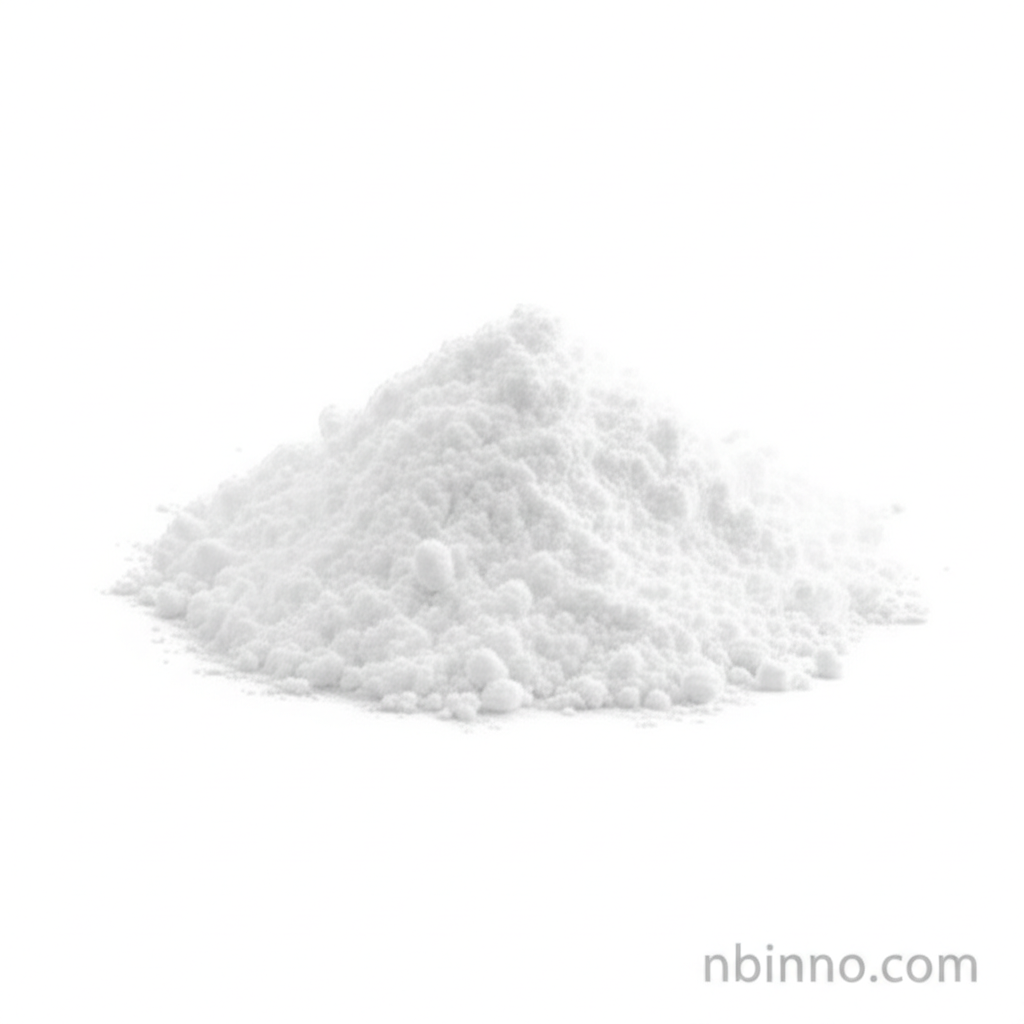Unlocking Peptide Synthesis: The Role of Cyclopentylalanine in Enhancing Bioactive Molecules
Explore the advantages of using Cyclopentylalanine, a unique amino acid, to elevate your peptide-based research and development.
Get a Quote & SampleProduct Core Value

Cyclopentylalanine
Cyclopentylalanine is a non-natural amino acid that significantly enhances the hydrophobic character of peptides, making it a valuable component in designing bioactive molecules. Its incorporation can lead to improved peptide stability, better membrane permeability, and stronger binding affinities to target receptors.
- Leveraging cyclopentylalanine in peptide synthesis can lead to peptides with superior hydrophobic properties for targeted drug delivery.
- Discover how to improve peptide binding affinity by incorporating unique amino acid building blocks like cyclopentylalanine.
- Explore the potential of cyclopentylalanine for drug development by enhancing pharmacokinetic profiles of peptide-based therapeutics.
- Understand the application of non-natural amino acid applications in creating novel peptides with tailored functionalities.
Advantages of Using Cyclopentylalanine
Enhanced Hydrophobicity
The cyclopentyl side chain of this amino acid significantly boosts the hydrophobic nature of peptides, crucial for applications requiring improved interaction with biological membranes, as supported by studies on enhancing peptide hydrophobicity.
Improved Bioactivity
Researchers utilize cyclopentylalanine for bioactive molecules to achieve higher binding affinities and augmented biological activity, essential for developing effective pharmaceutical agents.
Versatile in Peptide Design
As a specialty amino acid, it offers researchers greater flexibility in custom peptide design and development, enabling the creation of peptides with precisely controlled structures and functions.
Key Applications
Peptide Synthesis
Cyclopentylalanine serves as a key building block in advanced peptide synthesis techniques, contributing to the efficient and high-yield production of complex peptide chains in fields like advanced peptide synthesis reagents.
Drug Development
Its incorporation into peptide-based drugs can lead to improved pharmacological properties, making it a vital component in novel amino acid derivatives for therapeutics and advancing drug discovery with peptide analogues.
Protein Engineering
This compound aids in the design of novel proteins with enhanced stability and activity, providing researchers with tools to explore protein function and interactions as part of specialty chemicals for pharmaceutical research.
Materials Science
The unique properties of cyclopentylalanine can be leveraged in the development of new materials, particularly in creating polymers that require specific functionalities, aligning with applications in biomaterials engineering with amino acids.
